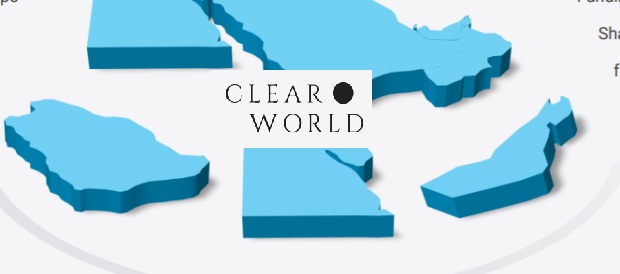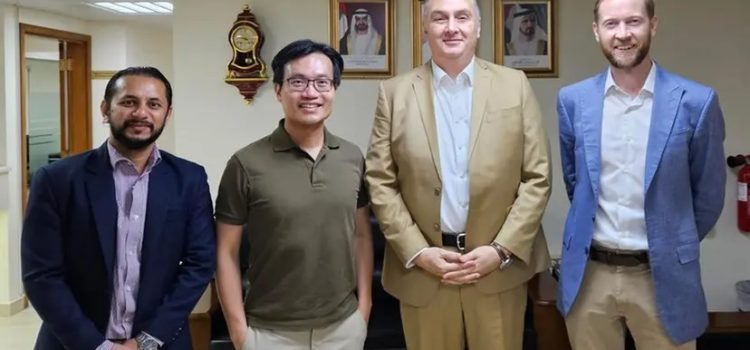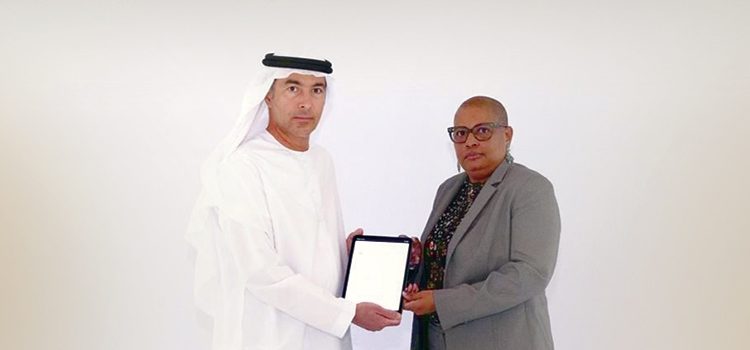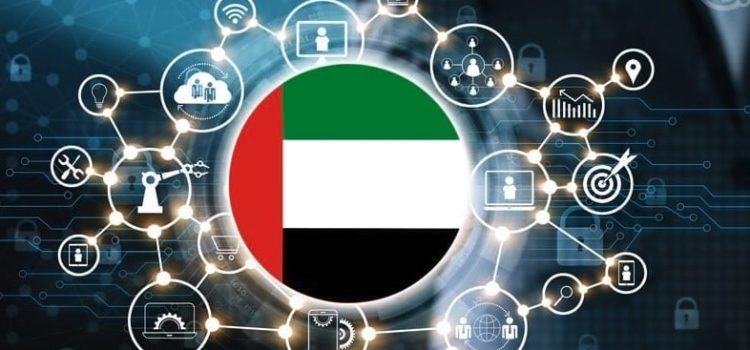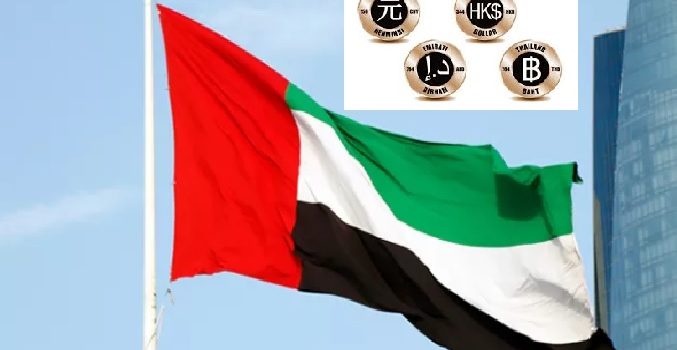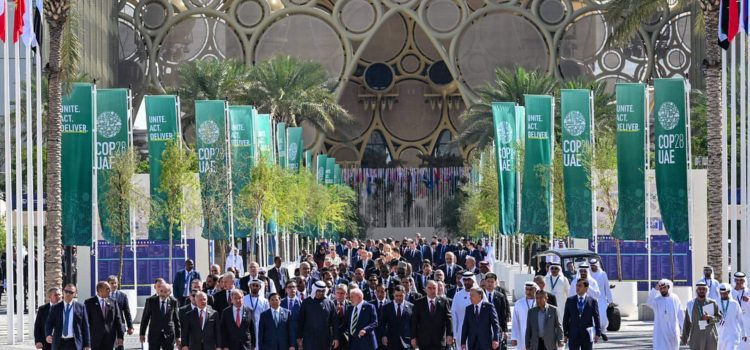
UAE Central Bank has licensed Relm Insurance a dedicated insurer to emerging sectors – and Liva Insurance, a GCC insurance provider to offer their dedicated multi-line insurance solution for WEB3 businesses – SIGMAWEB3, and its tailored version for Dubai’s virtual asset regulatory authority VARA-regulated companies, SIGMAWEB3 VARA.
As per the press release, this follows the signing of Relm and Liva’s strategic partnership in February 2025, aimed at empowering innovation and entrepreneurship in emerging sectors such as digital assets, biotech and AI.
The UAE Central Bank approval reinforces Relm and Liva’s commitment to deliver tailored insurance solutions that address the unique
SIGMAWEB3 and SIGMAWEB3 VARA will help create the confidence and resiliency that WEB3 innovators require to tackle complex challenges and seize new opportunities, while meeting the necessary regulatory requirements. Both products are designed specifically for digital asset companies, blockchain startups, crypto exchanges, and fintech innovators, addressing the unique and complex financial, professional, crime, and cyber exposures inherent in their operations.
SIGMAWEB3 VARA is specifically tailored to meet the requirements of Dubai’s Virtual Asset Regulatory Authority (VARA), ensuring that crypto companies can operate with compliant insurance cover.
“Securing Central Bank approval for SIGMAWEB3 and SIGMAWEB3 VARA is a significant step for brokers and clients in the UAE. This milestone facilitates more comprehensive coverage tailored to the unique risks of the Web3 space. By closing the insurance gap, we’re empowering businesses with the protection they need to innovate confidently in a rapidly evolving market” said Joseph Ziolkowski, CEO of Relm Insurance.
“SIGMAWEB3 and SIGMAWEB3 VARA represent a significant step in our commitment to supporting growth and evolution of innovation within the insurance industry. This approval from Central Bank affirms both Liva Group’s deep market insight and Relm’s expertise in specialised insurance as well as reinforcing the vital role that regulatory collaboration plays in fostering a secure and thriving digital economy. Together, we aim to provide customers with solutions that meet their evolving needs, while strengthening our commitment to scale and diversify our business.” Martin Rueegg, Group CEO of Liva Group.
A year earlier OneDegree, Asia’s licensed insurer for digital assets and Dubai Insurance Company announced the issuance of digital assets custodial risk insurance to their customers in UAE. The Central Bank of UAE approved issuance of the digital asset insurance offering.
OneDegree and Dubai Insurance partnered in 2023. Custodial risk insurance completes the product portfolio and allows the partners to offer a one-stop-shop for digital asset companies in the UAE, under the brand “OneInfinity”.
VARA, Dubai’s dedicated regulator for digital assets, requires such coverage along with professional indemnity and directors & officers insurance. With this latest approval, specialized custodial risk insurance can be offered directly in UAE for the first time. Custodial risk insurance protects companies against the risk of losing access to digital assets including through third party hacks and theft, internal fraud and physical damage to the storage media.

